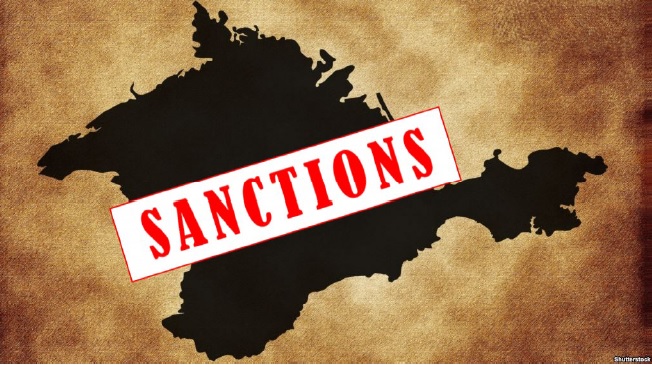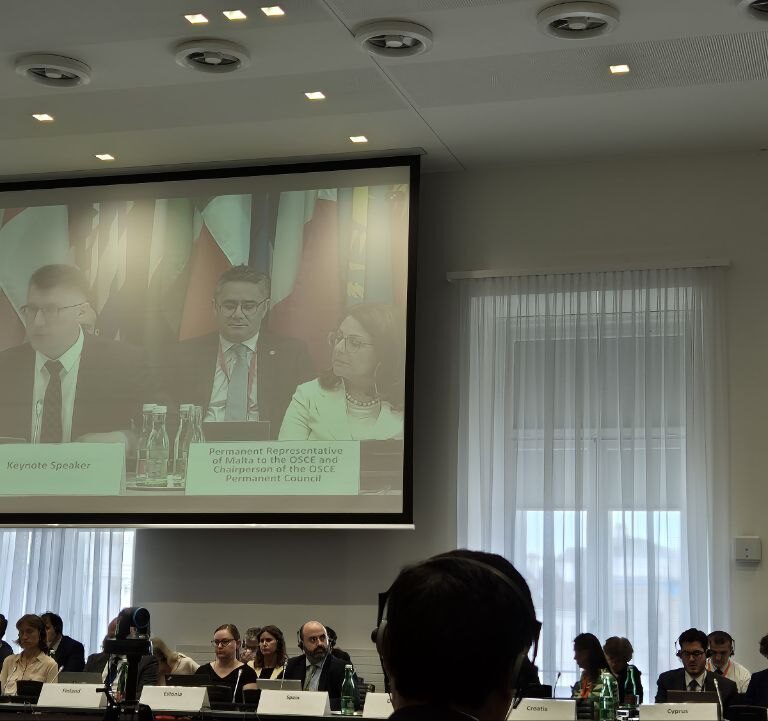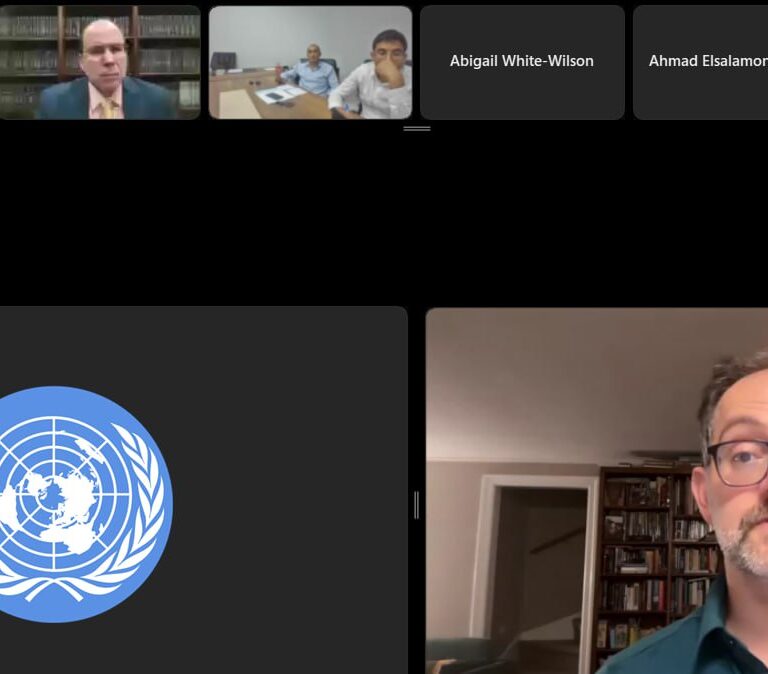On 15-16 May the UK’s Royal Society in partnership with the Universities Policy Engagement Network, together with the Fund of the President of Ukraine for Education, Science and Sports, and the Embassy of Ukraine co-organised the “Ukraine’s recovery: rebuilding with research” conference and in mid-December the proposals of that conference were published in report.
Conference, held in London in online and offline frameworks brought together ministers, scientific advisers, and other officials from Ukraine and the UK, along with a range of senior researchers with diverse expertise from Ukrainian and UK universities. Conference report reflected the Royal Society’s thanks to the selected participants including our Association’s expert professor Borys Babin.
Participants explored challenges identified in advance of the conference by Ukrainian partners in consultation with Ministries and branches of the President’s office relating to economic recovery; regional security and partnerships; infrastructure and green recovery; health and wellbeing; education and skills; and community and regional development.
The conference provided a platform to highlight the potential role that research evidence could play in the post-war reconstruction process, and enabled participants to contribute to intense bilateral discussions around specific policy priorities and potential initiatives for collaboration that might facilitate or accelerate recovery, including aspects of de-occupation and reintegration of Crimea.
Conference participants also noted the importance of an effective science advice system and mechanisms to link experts with policy makers both in policy development and in effective policy implementation. During the sessions, it was noted that the scale of the country’s recovery and reconstruction was undoubtedly an enormous task for Europe and the wider international community.
In addition to the unpredictability of Russia’s aggression, instability in the country’s reconstruction process was also described as primarily connected to two competing sets of priorities: those that are urgent, i.e. repairing of damage, restoring critical infrastructure, and those that are important, i.e. building a country that people want to live in.







